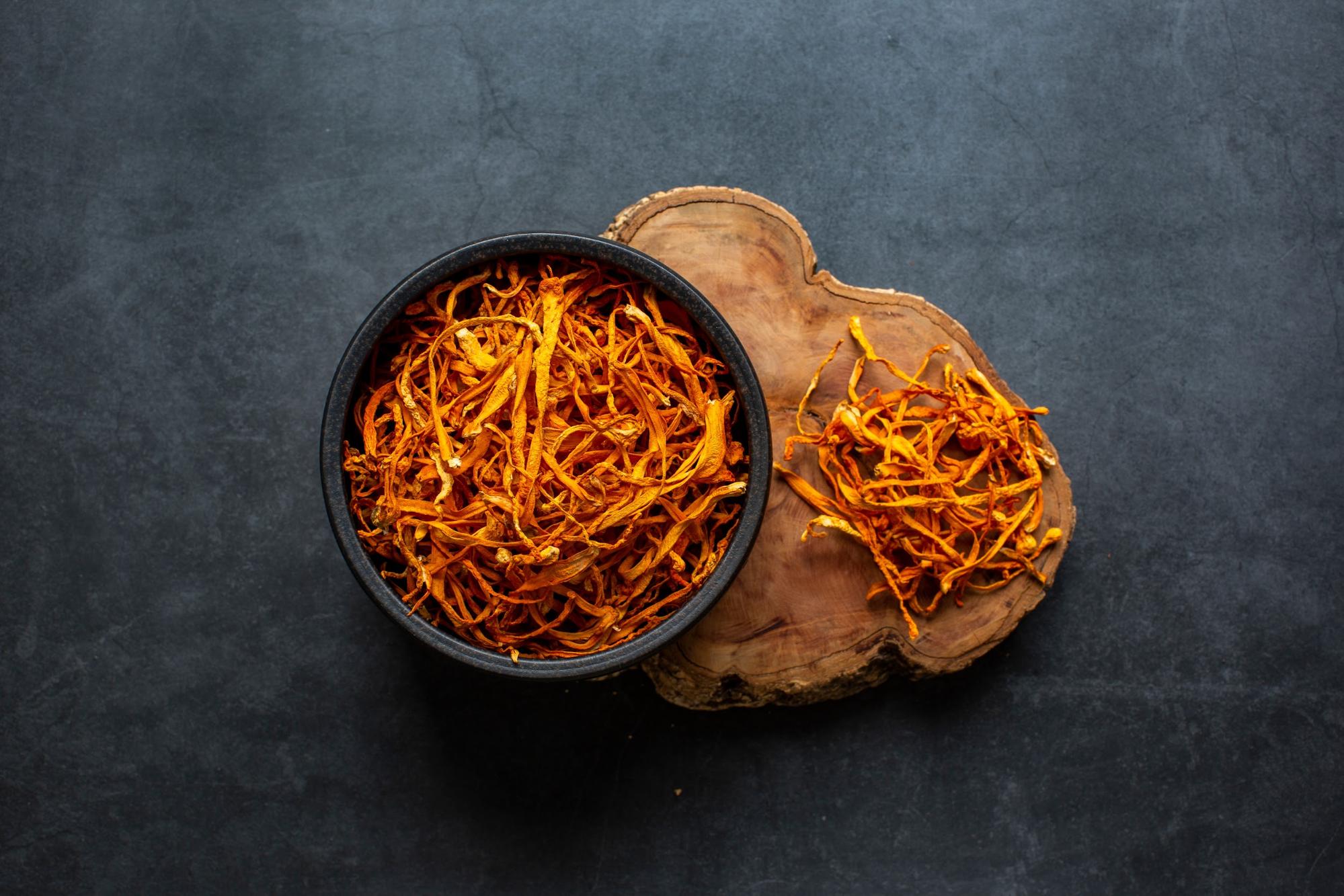The Neuroscience of Overstimulation
We have all experienced a dopamine spike when exposed to something pleasurable or rewarding. It can be anything from highly palatable food and human contact to scrolling through social media, receiving a text or email, playing video games, or streaming a movie. This is because dopamine is a neurotransmitter in the brain that’s associated with pleasure, reward, and motivation.1 In our oftentimes overstimulating world, what was once an essential biochemical process to encourage motivation and learning has become overused to the point where we are addicted to the “dopamine hit” of modern living. To counteract this unhealthy tendency and refresh the brain, a method was created called a “dopamine fast”. While the term is catchy, it isn’t entirely accurate. Here’s why.

What is Dopamine Fasting?
Developed by California psychiatrist Dr. Cameron Sepah, dopamine fasting is a method for reducing the level of unhealthy stimuli in our lives and instead opt for more slow-paced, calming activities that help us to break free from the addictive bombardment of notifications, texts, beeps, and other reward-triggering cues — such as social media, junk food, or gaming. The idea is to give the brain a much-needed break, allowing ourselves to actually feel moments of loneliness or boredom instead of constantly being switched on by stimulation. It also encourages us to slow down and enjoy less exciting activities — reading, gardening, spending time in nature, painting or crafts, or watching a sunrise. Sepah believes that this approach can help to address a range of compulsive behaviors, including: emotional eating, excessive internet usage and gaming, gambling and shopping, porn and sexual stimulation, thrill and novelty seeking, and recreational drugs.2
However, it’s important to note that the term “dopamine fasting” is a bit of a misnomer — you can’t intentionally lower the levels of dopamine in the brain. While the neurotransmitter does rise in response to pleasurable activities or rewards, it doesn’t fall below the baseline when you avoid overstimulating activities. It’s not like heroin or cocaine where you take a “tolerance break” so that when you use it again, the experiences are heightened and intense. Dopamine doesn’t work this way.
Taking a break from stimulating activity “will stop turning on the dopamine system over and over like everyday life does, but it isn’t going to reset it,” according to Kent Berridge, PhD, a professor of psychology and neuroscience at the University of Michigan.3
With this in mind, the suggestions by Sepah can help bring more balance into your life and, perhaps, more joy. He recommends practicing dopamine fasting for a few hours towards the end of the day — unplugging from devices as well as avoiding junk food and the television, and instead engaging in a calming habit: reading, spending time with family or friends, yoga, meditation, or a soothing hobby like knitting, painting, sewing, etc. He also suggests a dopamine fast for one day each week; one full weekend per quarter, such as unplugging and taking a local trip; and one week per year — for example, a relaxing digital detox vacation.
Some have taken the idea to an unhealthy extreme by fasting from food completely and avoiding exercise and human touch. But Sepah’s method is quite different. The main focus is to address problematic behaviors by taking small breaks from addictive activities — especially when first starting out. Dopamine fasting isn’t a cure-all, but it’s one facet of resisting bad habits. Along with cognitive behavioral therapy and mindfulness practices, it can help to calm addictive impulses.4
Supportive Herbal Remedies
Along with dopamine fasting, herbal remedies can help to enhance brain health, calm the nervous system, and relax the body and mind. My top recommended herbs for this purpose are Cordyceps, Lion’s Mane, and Reishi medicinal mushrooms, along with Lemon Balm. Each is found in our Brain Bundle.
This convenient collection of botanicals is designed to support cognitive health, stress resilience, and overall vitality. Cordyceps is neuroprotective, combats fatigue, and aids memory and learning, while also reducing oxidative stress. Lion’s Mane is well-known for enhancing cognitive function and has been shown to help reduce symptoms of Alzheimer’s, Parkinson’s, and dementia by stimulating nerve regeneration and supporting emotional well-being. Reishi offers adaptogenic support, helping the body to manage stress, balance hormones, and improve sleep quality. Rounding out the bundle, Lemon Balm promotes calm, improves focus, and protects the brain with antioxidant benefits. It also encourages GABA production to help ease anxiety, support restful sleep, and maintain healthy blood sugar levels — making this herbal extract a gentle yet effective ally for brain and mood support.
Give your brain and nervous system the support it deserves. Our Brain Bundle offers natural, research-backed solutions to enhance focus, memory, emotional balance, and long-term cognitive vitality. From brain-nourishing mushrooms to soothing lemon balm, each tincture is carefully formulated to help you stay sharp, resilient, and calm.
Visit my apothecary today to learn more about these and many other all-natural herbal extracts that can help to support your wellness journey!
Nicole Apelian
Nicole’s Apothecary Products in this Post
References
- Klein, M. O., Battagello, D. S., Cardoso, A. R., Hauser, D. N., Bittencourt, J. C., & Correa, R. G. (2019). Dopamine: Functions, Signaling, and Association with Neurological Diseases. Cellular and molecular neurobiology, 39(1), 31–59. https://doi.org/10.1007/s10571-018-0632-3
- “Dopamine fasting: Misunderstanding science spawns a maladaptive fad” by Peter Grinspoon, MD, Harvard Health Publishing, February 26, 2020. https://www.health.harvard.edu/blog/dopamine-fasting-misunderstanding-science-spawns-a-maladaptive-fad-2020022618917?
- “Is Dopamine Fasting a Way to Fix Your Brain or a Silicon Valley Fad?” By Whitney Akers, Healthline, November 20, 2019. https://www.healthline.com/health-news/what-is-dopamine-fasting
- Gollwitzer, P.M. Weakness of the will: Is a quick fix possible?. Motiv Emot 38, 305–322 (2014). https://doi.org/10.1007/s11031-014-9416-3






